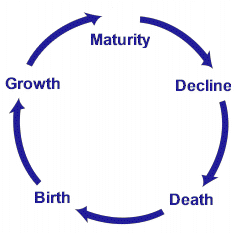 This is me, making La Peche Chocolate Velvet for Christmas. I rarely do much exotic baking anymore, so it was fun for me to indulge in that kind of creativity.
This is me, making La Peche Chocolate Velvet for Christmas. I rarely do much exotic baking anymore, so it was fun for me to indulge in that kind of creativity.
Yesterday I finished my revise and resubmit on Sapphire. I’m pretty pleased with the result – now it’s just cross my fingers time. I did a final spell check before I sent it off. I’m lucky enough to be a pretty good speller, so spell check mainly catches my odd words. Amusingly, Word doesn’t recognize a number of words I use. Among them:
Mons
Upthrust
Oversensitized
Skeezy
Tsk, tsked and tsking
The winner, however, is:
Rebuttoning, which Word suggested should be “rebut toning.”
Try using that in a sentence. “I would like to rebut toning arguments, but I know I need to work out more.” Erm.
And really, “skeezy” isn’t a word? (Incidentally, Blogger agrees it’s not.)
I like words. Always have. When I was in 7th grade, I started a list of good words. I had stuff on there like exquisite, writhe and oscillate. Words are my medium and I figure I get to work my medium as I see fit. Which means I might make up words now and again.
To me, this is very much like messing around with a recipe while cooking. When you first start baking, or even the first time you make a recipe, it’s best to stick very close to instructions. You have to learn the basics of how a dish comes together. It’s part chemistry, part biology, part magic. But, after you have that stuff down, then you can mess with it. I often reduce sugar and salt. But then, I kind of know how much sugar I really need to make the crystalline structure work correctly, or to feed the yeast. Salt creates a crucial balance to the sweet and brings forth other flavors, but it doesn’t take much.
A good cook also knows how to substitute ingredients. Not that a writer runs out of words like I might run out of, oh, almond extract. (All the grocery stores in Tucson sold out of almond extract – what was up with that??) But, after you’ve used the word “touch” 72 times, you start looking to replace some of those with alternatives. You get creative with it.
Sure, sometimes the substitute doesn’t work. The bread doesn’t rise, the souffle falls flat. Sometimes it’s brilliant.
The best part about writing is, until it hits the press, you can always tweak it.








